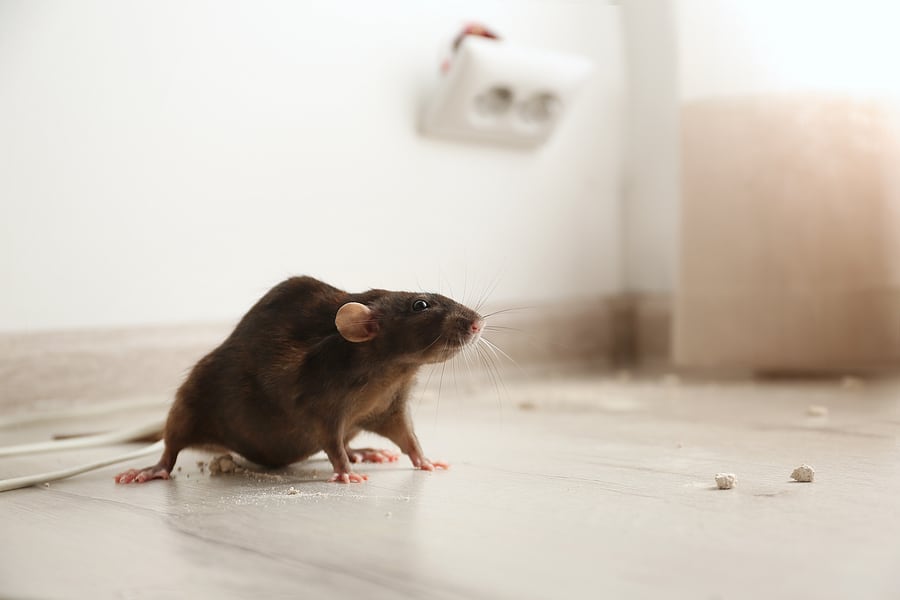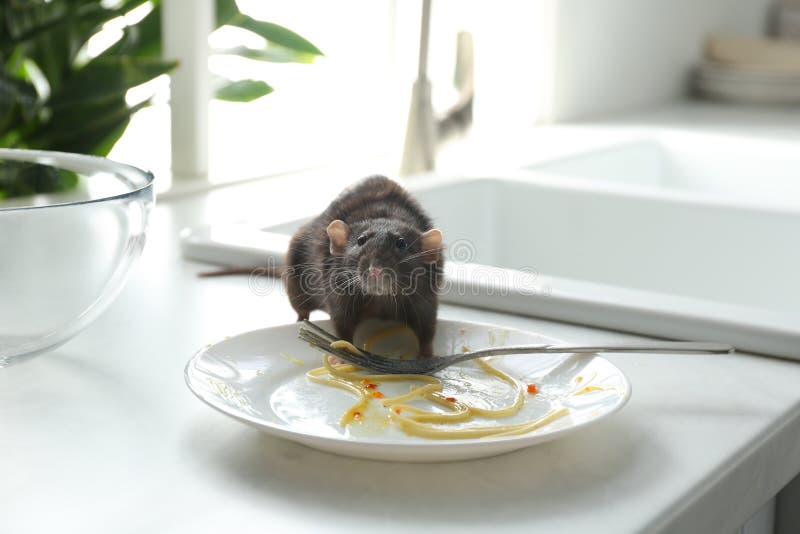For many homeowners, encountering rodents in their cabinets remains a common issue. These unwelcome intruders can cause serious damage and introduce health risks. Conventional pest control methods often rely on toxic substances that may harm both humans and pets. As a result, there's a growing preference for natural options, like clove or rosemary rodent repellent in cabinets.
Both clove and rosemary boast potent scents, believed to discourage rodents. The concept is straightforward: by placing these natural ingredients in your cabinets, you can keep rodents away without resorting to harsh chemicals. But how effective are these solutions? Let's explore the science and practicality behind utilizing clove and rosemary as natural rodent repellents.

Unpacking the Science of Clove as a Rodent Deterrent
Clove is well-known for its strong aroma, originating from eugenol, an active compound commonly employed in pest control. Eugenol is recognized for its insecticidal and rodenticidal traits, making clove an appealing choice for those wishing to repel rodents without synthetic chemicals.
Using Clove to Deter Rodents in Cabinets
To effectively use clove as a rodent repellent, consider placing whole cloves or cotton balls soaked in clove oil inside your cabinets. The powerful scent often suffices to deter mice and rats. Nonetheless, it's vital to replace the cloves or refresh the oil periodically to preserve their effectiveness.
If you're looking for a thorough guide on natural mouse elimination, check out Preventing Pests.
Rosemary: A Scented Shield Against Rodents
Much like clove, rosemary is celebrated for its aromatic properties. Its strong, woody fragrance can be unattractive to rodents, positioning it as another effective natural repellent. The essential oils from rosemary are frequently extracted for various pest control applications.
Employing Rosemary in Your Cabinets
To use rosemary as a rodent repellent, either place fresh sprigs in your cabinets or utilize rosemary essential oil. A few drops of the oil on a cotton ball or cloth can be strategically positioned. Regular checks and refreshing of the rosemary are critical to ensure ongoing effectiveness.
For more natural rodent control strategies, consider reviewing tips at Planting Mint.
Clove vs. Rosemary: Which Works Better?
When weighing options between clove and rosemary for rodent control within cabinets, it's crucial to evaluate their respective strengths and limitations. Clove's eugenol content might provide a competitive edge regarding potency, whereas rosemarys pleasant scent appeals to humans, making it a popular option as well.
Ultimately, the success of these natural repellents may differ based on the level of infestation and the specific preferences of the rodents involved. Some homeowners may achieve better results by combining clove and rosemary to amplify their deterrent efforts.
Additional Strategies for Natural Rodent Repellence
While clove and rosemary are excellent starting points, you can implement further strategies to keep rodents out of your cabinets. Prioritize cleanliness by ensuring cabinets remain free of food debris, as rodents are often attracted to available food sources.
Sealing any gaps or entry points near and around cabinets will also deter rodents from entering. For comprehensive insights on natural rodent control, dont hesitate to visit Baking Soda Bait.
Conclusion: Embracing Natural Solutions for Rodent Control
For those inclined towards natural pest control, experimenting with clove and rosemary could pave the way to a rodent-free homefree from harmful chemicals. With any pest control method, consistency and vigilance are paramount.

FAQ
Do clove and rosemary repel all rodent types?
While clove and rosemary can effectively deter common household rodents, such as mice and rats, their efficiency may vary based on rodent species and infestation severity. Its advisable to combine natural repellents with other methods for the best outcomes.
How frequently should I refresh clove or rosemary in my cabinets?
To uphold the effectiveness of clove or rosemary as a rodent repellent, regular refreshing is vital. This entails replacing whole cloves or rosemary sprigs every few weeks or adding more essential oil to cotton balls as the scent diminishes.
Are clove and rosemary safe around pets?
Both clove and rosemary are generally safe to use around pets in limited quantities. However, exercise caution with essential oils, as they can be potent. Ensure that pets do not ingest these substances, and consult a veterinarian if concerns arise.
